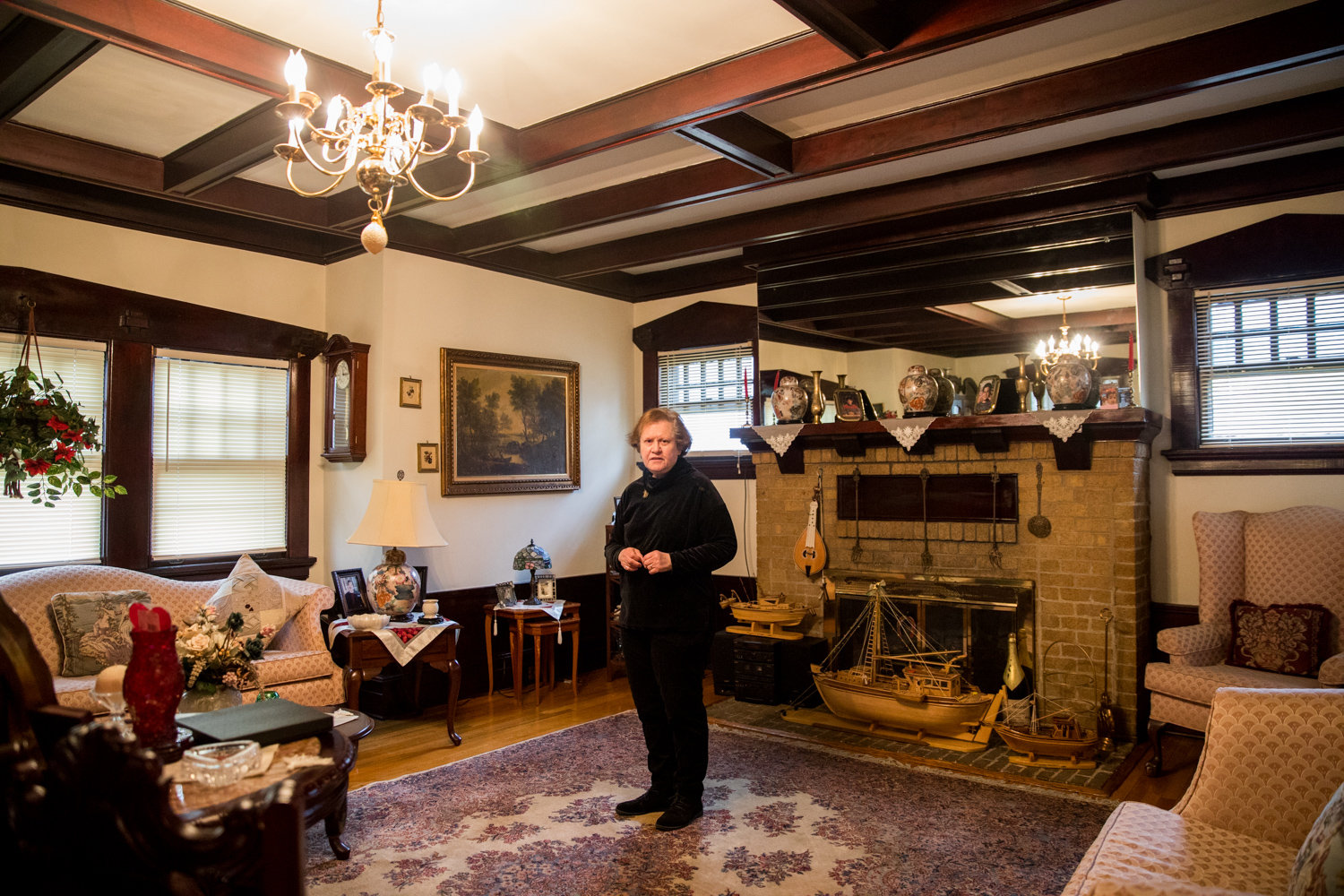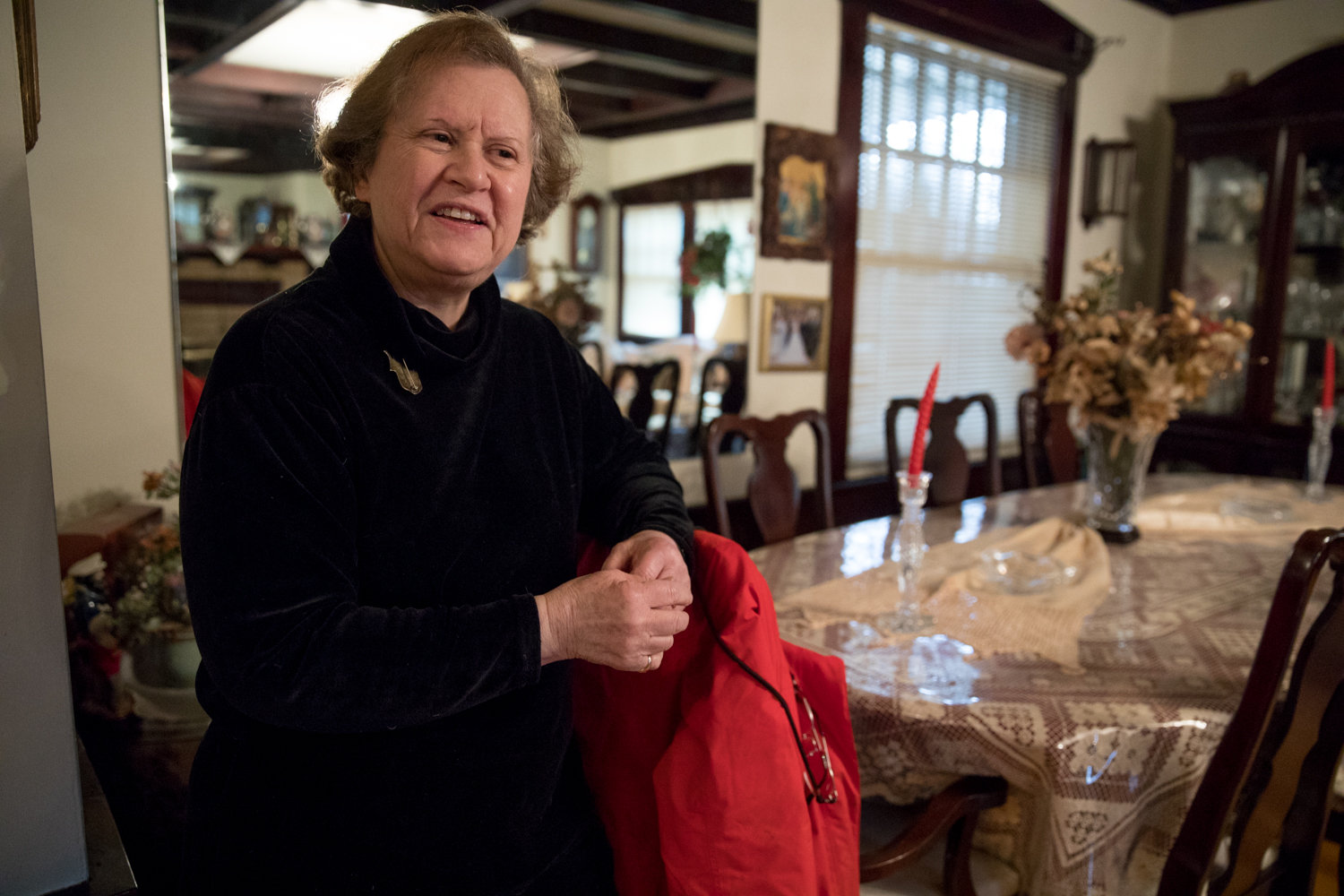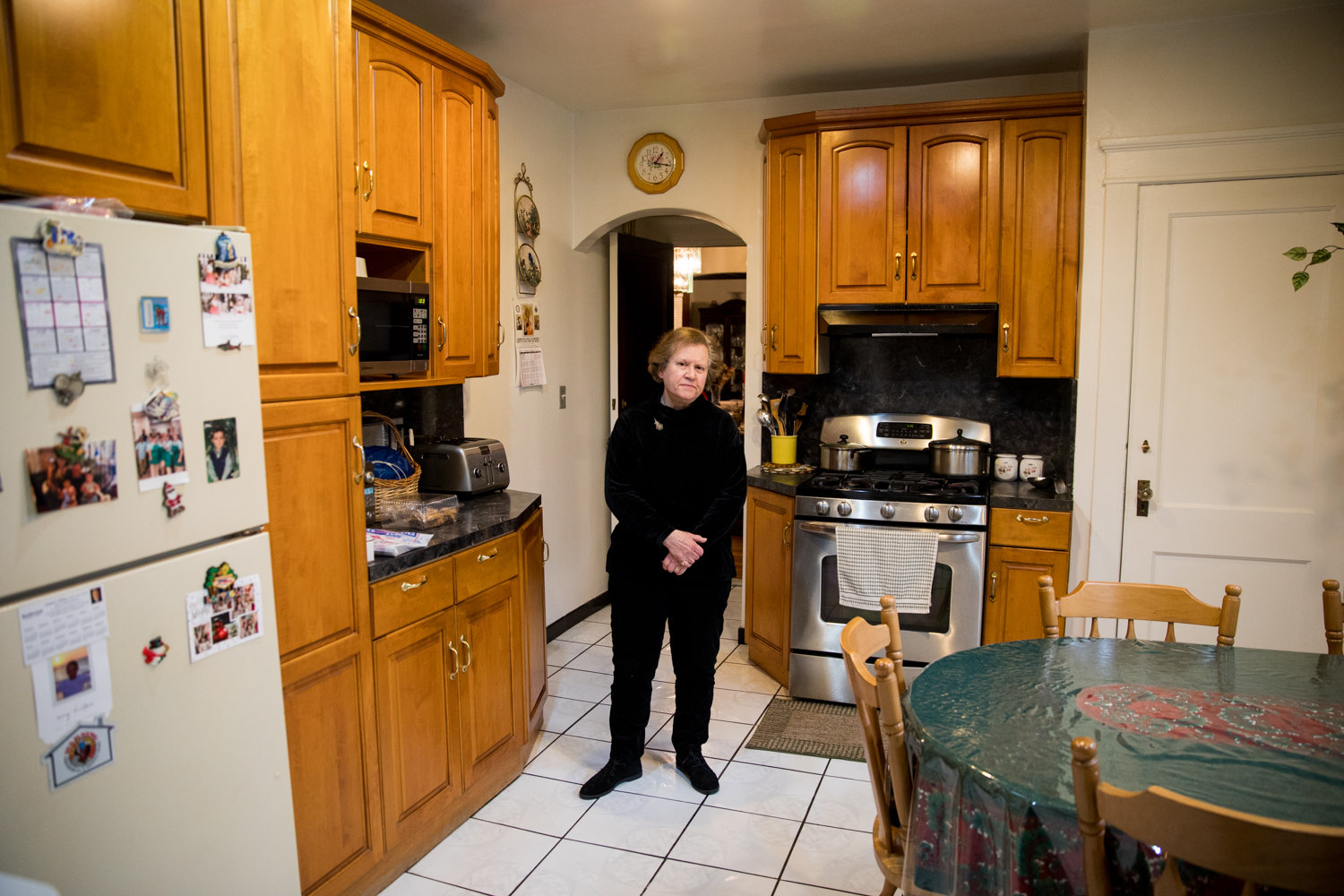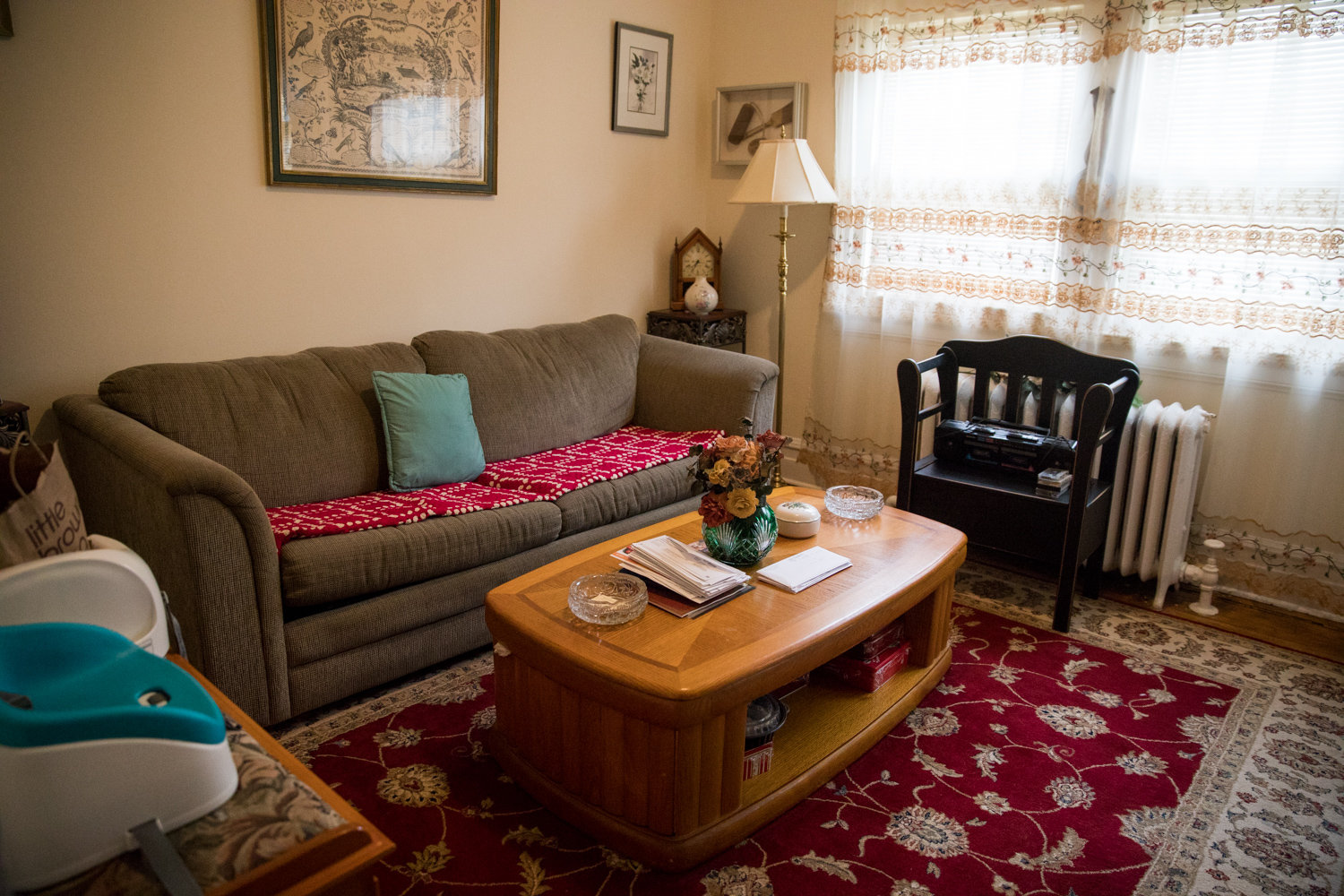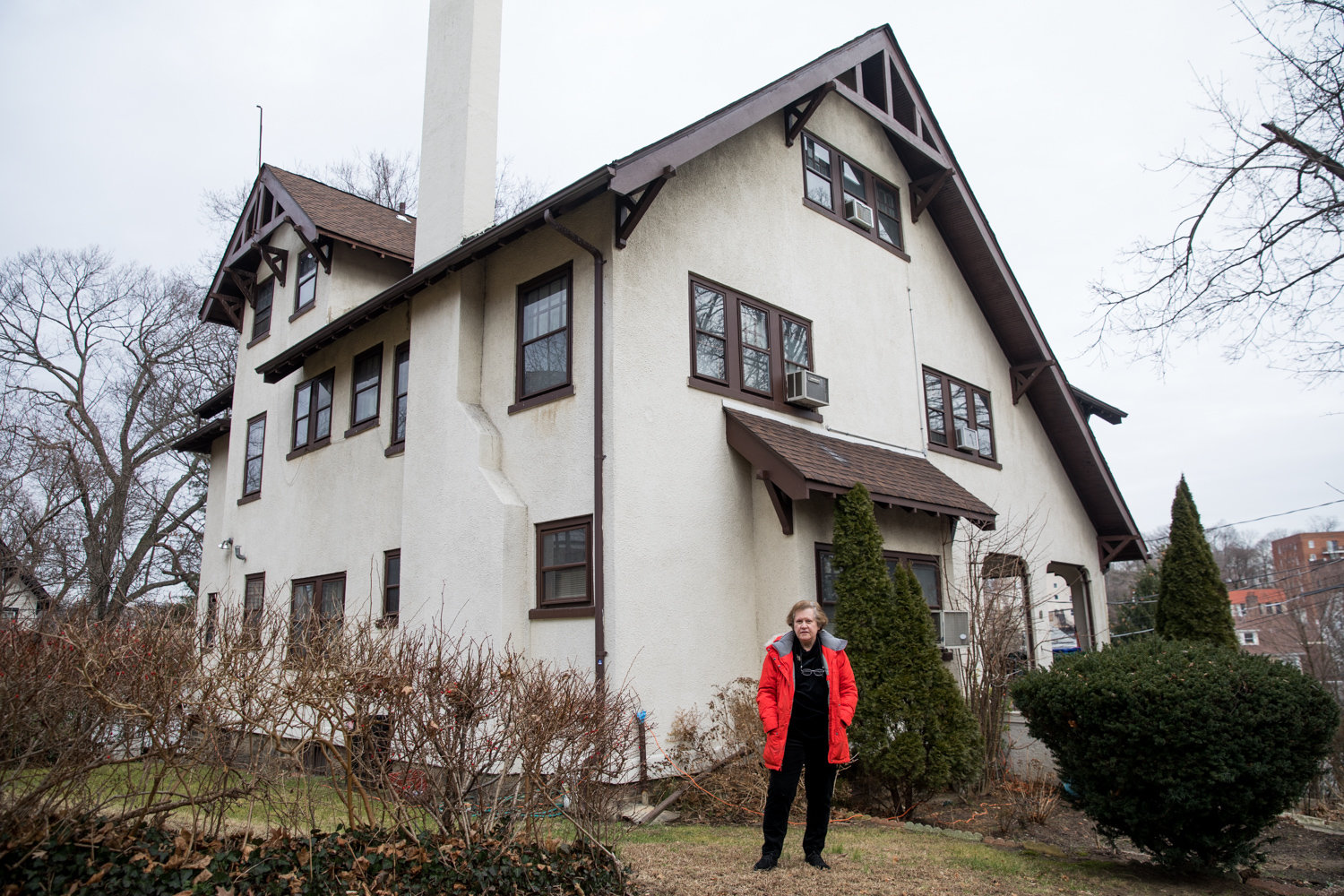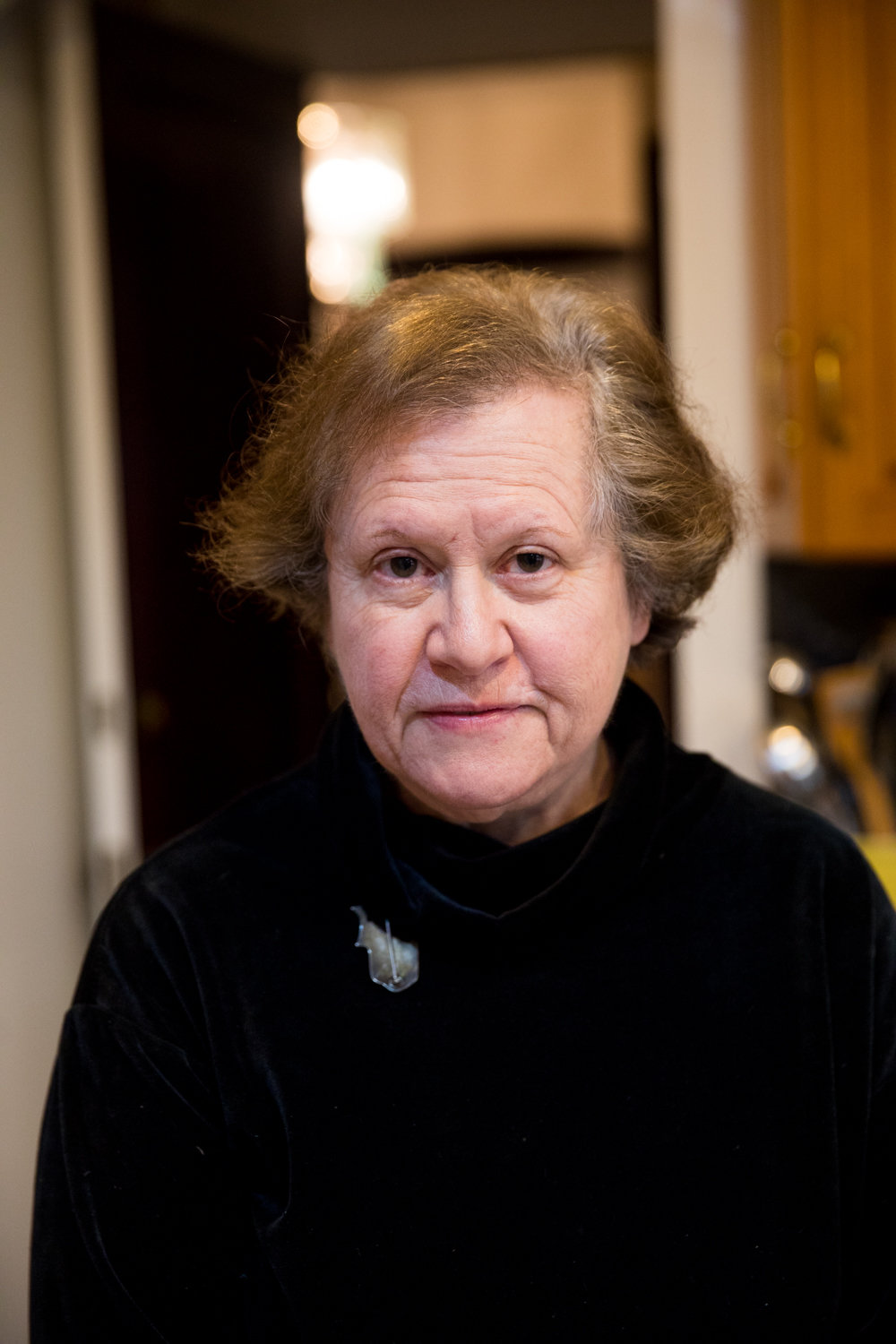Houses here are unique - so are their brokers
Ingrained in the American psyche is the goal of owning a house. A home. A place for a family.
But owning a home isn’t all that simple, especially in the city, where such an endeavor requires money, and a lot of it.
It also requires a solid real estate practitioner — a line of work that is not always treated with the highest regard.
“I think we’re most often associated with used car salesmen,” said Chris Casey, who works at Compass real estate. “We try to improve our reputation in the public’s eyes. Something that helps with that, beyond not being pushy, is reminding the community that, more often than not, we’re from the community.”
Like Vivian Oleen, a longtime broker working both the Bronx and Yonkers. She believes most practitioners and brokers don’t originally set out to work in real estate. Instead, they have far more in common with the people they represent than those people might think. Oleen, for example, studied political science in school.
“It’s interesting,” Oleen said. “Some of the questions on the broker’s exam were very similar to my last political science exam.”
Oleen got into the business by meeting Marilyn Sopher, the owner of Sopher Real Estate in North Riverdale. That started a business relationship lasting 27 years until Sopher closed down in 2018.
Now a veteran of her profession, Oleen has witnessed the changes in her industry firsthand.
“When I started in 1991, there were several independent brokerages in the area,” Oleen said. “There weren’t many major franchises in the area like Sotheby’s or Douglas Elliman. Now, with those major franchises here, the old brokerages either had to quit or join the conglomerate.”
Yet, even with the larger firms finding success in the community, there still remains room for smaller players like Oleen.
“I’ve been in the business so long, it doesn’t matter if I’m at a big firm,” she said. “It’s a small community. The other small brokers help each other out, and people remember you. They’ll come back to you.”
That consistent communication between sellers, buyers and brokers is reflected in the cost of houses. Business seems to be going well.
The typical price of a single-family home in the community, according to Zillow, is about $1.8 million. Yet, while money is important when it comes to real estate, it’s almost impossible for any practitioners to ignore the age-old adage — location, location, location.
Fieldston is a prime example of that, Oleen said. As a private neighborhood with impressive architecture, historical structures and three private schools, it remains one of the most coveted communities in New York City.
“It sounds like an exclusive club in terms of money,” Oleen said. “It’s certainly an inclusive community, very open.”
Finding what’s unique
While the statistics may make sense, some don’t find them very important. Jesse King — an international studies graduate who, in a previous life, was an actor — contends that the ethos of every good real estate practitioner is understanding somebody’s needs.
“It’s all about understanding that you’re dealing with a lot of different kinds of people,” King said. “For this area, it can be status, or it can be solitude. It’s a tucked-away section of the world, quaint due to its proximity to the city, yet essentially an upstate town.”
Yet it’s a town that matches Manhattan prices rather than Westchester prices. According to AreaVibes.com, a site that collects community data from a variety of different public sources, the cost of housing in the Northwest Bronx neighborhoods is 77 percent higher than the national average.
Of the city’s six smallest neighborhoods, this part of the Bronx is one of the smallest with a little over 113,000 people. With the lower density means more space with all the greenery and parks of Riverdale and Spuyten Duyvil — coupled with the Fieldston private schools — and one would have the makings of one of the most expensive locations in New York City. That spacing and openness is a major factor in comparing neighborhoods close to Broadway, King said, and neighborhoods distanced from them.
“Even when you take into account that everyone you’re speaking with is different, there are other details you have to keep in mind,” King said. “For a house, especially, there are taxes, maintenance, making sure certain places are up to code. In a co-op or other kind of apartment, there’s a super who you call to say that the faucet’s running or something.
“But for a house, that’s your responsibility. The plumber is paid from your own pocket. You may not get the same coverage per dollar in say Kingsbridge as Riverdale.”
Don’t forget
about Kingsbridge
Yet, that’s where price makes a difference, Casey said, as interest in Kingsbridge continues to grow.
“Buyers are coming from Manhattan,” Casey from the Compass real estate agency said. “They’re accountants and lawyers and doctors, often young, who are looking for good housing and only find apartments in the city. They come up here and find an entire house for the same price. A lot of the time, they want to find it near consistent transportation, and the 1 train leads them exactly where they’d like to go. Kingsbridge is a hot spot.”
It leaves something for everyone, said Jackson Santos, a broker who works exclusively for The Enclave, an apartment building on Oxford Avenue.
“There’s certainly enough to go around,” Santos said.
“This is a very niche community, yet we really respect each other.”
But sometimes that community can be too close-knit, especially for anyone new trying to break into the scene.
“The issue is that everybody knows somebody,” Santos said. “Sometimes that closeness, that reliance people have on brokers they’ve known for years, may hurt business. I have a smaller company, and people around here prefer doing business with people they’ve known for a long time. Sometimes that’s a little hard.”
There’s a simple solution to that, Oleen says: get to know people. The most important factor, at least from her experience, remains the face-to-face, personable connection between the real estate practitioner and client.
“We’re a small community, it’s true,” Oleen said. “In a sort of niche area, we all know each other. Some listings come from people I worked with 15 years ago. They appreciate you if you do a good job, and we appreciate them too.”
King regards his own title as something unique and personally important, something for anyone to keep in mind when considering a move to an expensive, though tight-knit, community.
“I’m a guide,” King said. “I’m someone that helps others with their experience. We’re talking about a home. I once got a guy into a rental apartment, and within two months he got married and is so happy. In a small way, I helped with that.”

